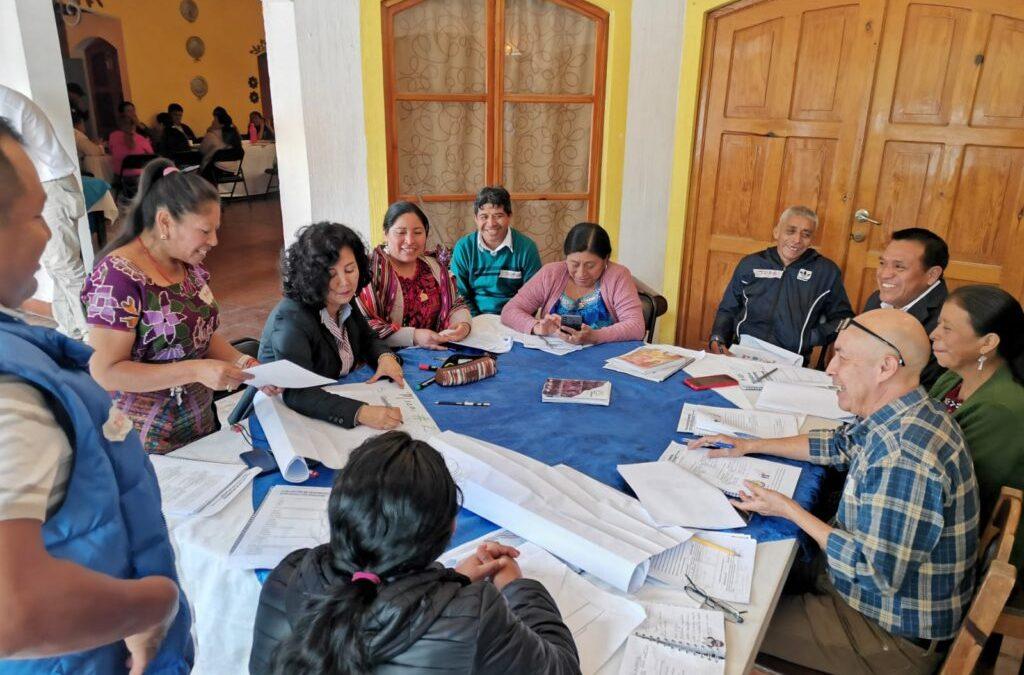Over the years, I have confirmed that dialogue is much more than a conversation: it is a bridge. A bridge that connects different sectors, that transforms conflicts into agreements, and that opens opportunities where before there were only barrier
At AgroAmérica, we deeply believe in that power. Not because it sounds nice, but because we have experienced it in different spaces.
One of them is our participation in the FAO’s World Banana Forum Commission on Living Wages and Incomes. This neutral and inclusive platform brings together producers, unions, retailers, international organizations, and governments. Thanks to this space, we have made progress in promoting fair trade practices and in building agreements that help guarantee decent wages in the banana industry. In 2024, this process enabled more than 80% of our employees to express greater satisfaction and clarity regarding their income, strengthening mutual trust and commitment.
Bridges with communities
I have also seen how dialogue can change the dynamics in communities. Dialogue is not only held at the international level; it is also built day by day in the communities where we operate. In the Trifinio Suroccidente region of Guatemala (Quetzaltenango, Retalhuleu, and San Marcos), we organized workshops and training sessions on dialogue skills for local leaders. This allowed community representatives to participate in the 7th National Forum on Corporate Social Responsibility: “Sustainable Dialogue, Path to Development”, alongside more than 600 actors from government, civil society, and the private sector.
From these encounters, 12 multi-sector alliances emerged, which today drive community projects and contribute to reducing conflicts in the region. As Felino Sandoval, president of the Trifinio Suroccidente Association, said: “We are very pleased that AgroAmérica supports us in getting organized and provides us with the tools to initiate dialogue in our communities.”
Multi-sector dialogue: a path to change
We also actively participate in thematic dialogue tables where we address key issues such as living wages, labor relations, community development, environment, and sustainability. These spaces are not always easy: they involve recognizing different interests and opening ourselves to diverse perspectives. However, we have found that when dialogue is transparent, respectful, and guided by the will to build together, the results outweigh any difficulty.
Building trust within the organization
Of course, dialogue must also be lived within the organization. Throughout our history, we have maintained open and constructive relationships with various labor unions, always working toward a common goal: the well-being of our employees. More recently, in 2024, we witnessed the formation of the SITRABE union, a reflection of the freedom of association and mutual respect we promote. We know that the consolidation of a new movement brings natural challenges, but we are also convinced that these challenges are overcome by building together through constant and respectful dialogue.
In addition, we have an Ethics Line available to employees and external stakeholders, where they can confidentially present complaints, suggestions, or claims. This tool has been key to strengthening transparency and trust: in 2024, more than 90% of reported cases were addressed and resolved with concrete actions.
Results that inspire
The lessons are clear:
- Dialogue reduces conflict.
- Dialogue builds trust between sectors.
- Dialogue generates agreements and alliances that transcend individual interests.
- Dialogue is a catalyst for real and measurable change.
At AgroAmérica, we have seen that when we come to the table with openness and respect, we can transform challenges into solutions.
A call to all sectors
Today, more than ever, we need to build bridges. It is not enough to talk about sustainability, justice, or development; we need to listen to one another and act together. Dialogue is the strongest path to achieving lasting consensus and building more cohesive societies.
I invite you—whether in business, government, academia, civil society, or your community—to embrace dialogue. Because every time we choose to sit at the table with the willingness to listen and build together, we take a step toward a more just, human, and sustainable future.
